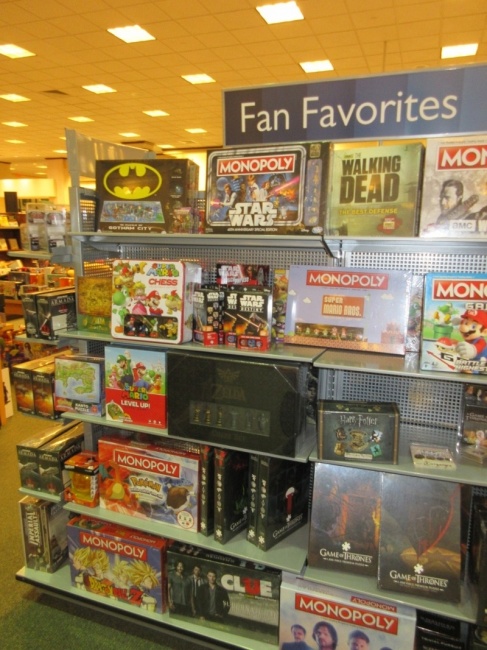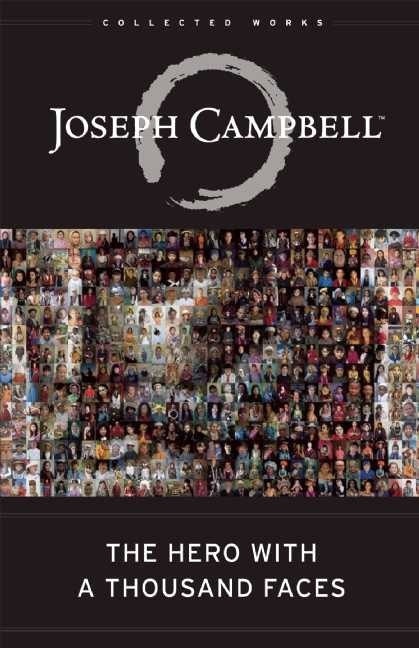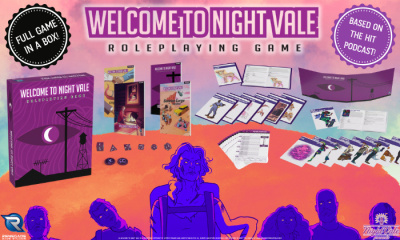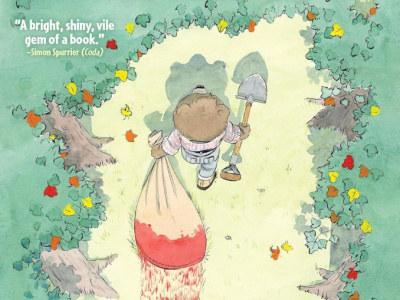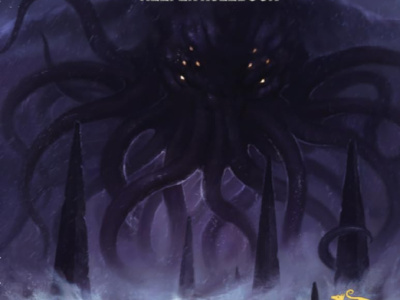Making the Game is a monthly guest column by Chris O’Neal of Brotherwise Games. Making the Game follows a year in the life of an indie tabletop publisher as they attempt to bring their third game to market. In this month's column on developing a new game, O'Neal looks the ins and outs of licensing, and reveals the title of the new game.
Tabletop gaming is doing well. Remarkably well, if we’re to use ICv2’s regular industry reports as any gauge. Larger companies are flourishing, new companies are popping up every month, and retailers’ shelves are literally overflowing with new games. It’s an embarrassment of riches, with the ironic downside that it’s become tougher than ever for a new game to be noticed. I’ve written in a previous column about what Brotherwise does to help our games stand out in this crowded market, but so far, our little company hasn’t engaged in the oldest and most reliable way of getting players to notice your game: licensing established and beloved properties from other creators.
Licensing has been a driving force in the toy and game industry since the days of TV’s Howdy Doody, but it really took off with Star Wars and the eruption of licensed science fiction and fantasy toys in the early 80’s. It’s a testament to the power of a strong franchise that Star Wars licensed games still dominate their categories four decades after the original movie’s release. Since Fantasy Flight Games acquired the Star Wars license in 2011, their games have topped the charts. Titles based on Game of Thrones, Firefly, Lord of the Rings, and other brand name properties also pack the listings. The hype is real.
While finding and securing that perfect game license is challenging, the concept is pretty simple. I, the board game publisher, approach you, the property holder (e.g., Disney for Star Wars), and propose a game set in your universe. You’ll grant me the right to use the name of your property, the identities of your characters, even the concepts and mechanics that make your world live and breathe. In return, I will pay you a royalty of some amount for every unit of the game I produce or sell. Royalties for newer, less established properties may run around six to seven percent of each unit’s wholesale price. Royalties for established, “monster” brands (think Disney) can be a whopping 18% of wholesale. Why on earth would I, the publisher, give up that much of my net profit? The answer is volume. I’m betting that with your property’s name attached, I’ll sell far more of the game than I would have if it had a generic, untested theme.
In this column, I’ve been tracking the development of Brotherwise’s latest game in development (see "Making the Game--Art, Artists, and Art Budgets"). While we’ve been calling it "The Game" up to this point, we’re finally ready to reveal its title: Call to Adventure. Inspired by character-driven fantasy novels, Call to Adventure challenges 2-4 players to create the Hero with the greatest destiny by acquiring traits, facing challenges, and overcoming adversaries.
As the title implies, Call to Adventure pays homage to the journey of development that all heroes face as they evolve from no-name dirt farmers to nemesis-slaying saviors. That path, as articulated by Joseph Campbell in The Hero with a Thousand Faces, always begins with a Call to Adventure. Our Call to Adventure came out of a goal to gamify the tropes of fantasy storytelling. So, while the base game is set in a generic fantasy world that gives players freedom to imagine their hero in a multitude of settings, it only made sense to give our players the option to build heroes set in the worlds of their favorite fantasy novels. To this end, we’ve been reaching out to our favorite fantasy authors seeking to license their settings and characters for "Story Pack Expansions" that "rewrite" the base game to have a specific flavor. It’s going… okay.
Brotherwise is not a big company. We’ve had some notable successes, but when we call up the agent of an established fantasy author, their immediate response is not, "Brotherwise! We love you guys!" It’s closer to, "You make games? Video games? Is this a prank?" It takes persistence and a fair bit of luck for a small company like ours to convince a best-selling author that their world is safe in our hands. One of the worst things an author can do is devalue their brand by licensing their world and characters to a company that would handle them poorly. So we understand that authors, and their agents, are cautious about making any licensing deal.
Still, hope springs eternal, and during the past year we’ve approached three of today's best-selling fantasy authors with the goal of striking a licensing deal with each of them. If you’re an avid fantasy reader, you probably have a pretty good idea who they are. Each author’s team received a prototype of Call to Adventure and a pitch deck (i.e. a PowerPoint) that included information about us, our games, and our plans for Call to Adventure.
How are we doing in our quest for licenses? I wish I could report that all three authors signed up instantly once they realized how awesome we are. But that’s not what happened. Indeed, all three authors had reservations about any partnership. Even more challenging, all three had already existing licensing agreements that complicated striking a deal with us.
Author A’s representatives had to politely decline our offer due to an already existing exclusive gaming license. Author B’s people were interested based on our past interactions, but had to investigate how much freedom there was in their already existing licensing deals. Negotiations are ongoing. Author C’s agent was very interested and eager to participate, but with some constraints intended to protect their property.
It’s hard to say if we’ll achieve our goal of bringing two to three different licenses on board for this game as themed expansions, but whatever the outcome, we're excited to even discuss these possibilities with our favorite fantasy authors. While we have other ideas for original expansions created in-house, there’s no getting around the fact that licensed expansions would give Call to Adventure more exposure and the greatest chance of success. It’s a scary world out there right now, for heroes and for new games, and you need all the companions you can get.
The opinions expressed in this column are solely those of the writer, and do not necessarily reflect the views of the editorial staff of ICv2.com.

Column by Chris O'Neal
Posted by Chris O'Neal on November 7, 2017 @ 5:42 pm CT
MORE GAMES
'This Game is Killer: Frozen Horror'
August 19, 2025
Smirk & Dagger will release This Game is Killer: Frozen Horror , a new horror-themed party game, into retail.
From Surreal Desert Towns to Modern Monsters: RPGs to Stock Leading into October
August 19, 2025
Step into Night Vale’s strange world, then expand your store's horror RPG selection with these essential World of Darkness titles.
MORE COLUMNS
Column by Rob Salkowitz
August 19, 2025
For Horror Week, columnist Rob Salkowitz asks whether the horror boom can help get us through a moment full of woe and dread.
Column by Scott Thorne
August 18, 2025
This week, columnist Scott Thorne discusses some of the most frightfully fun games of the year for Horror Week.



